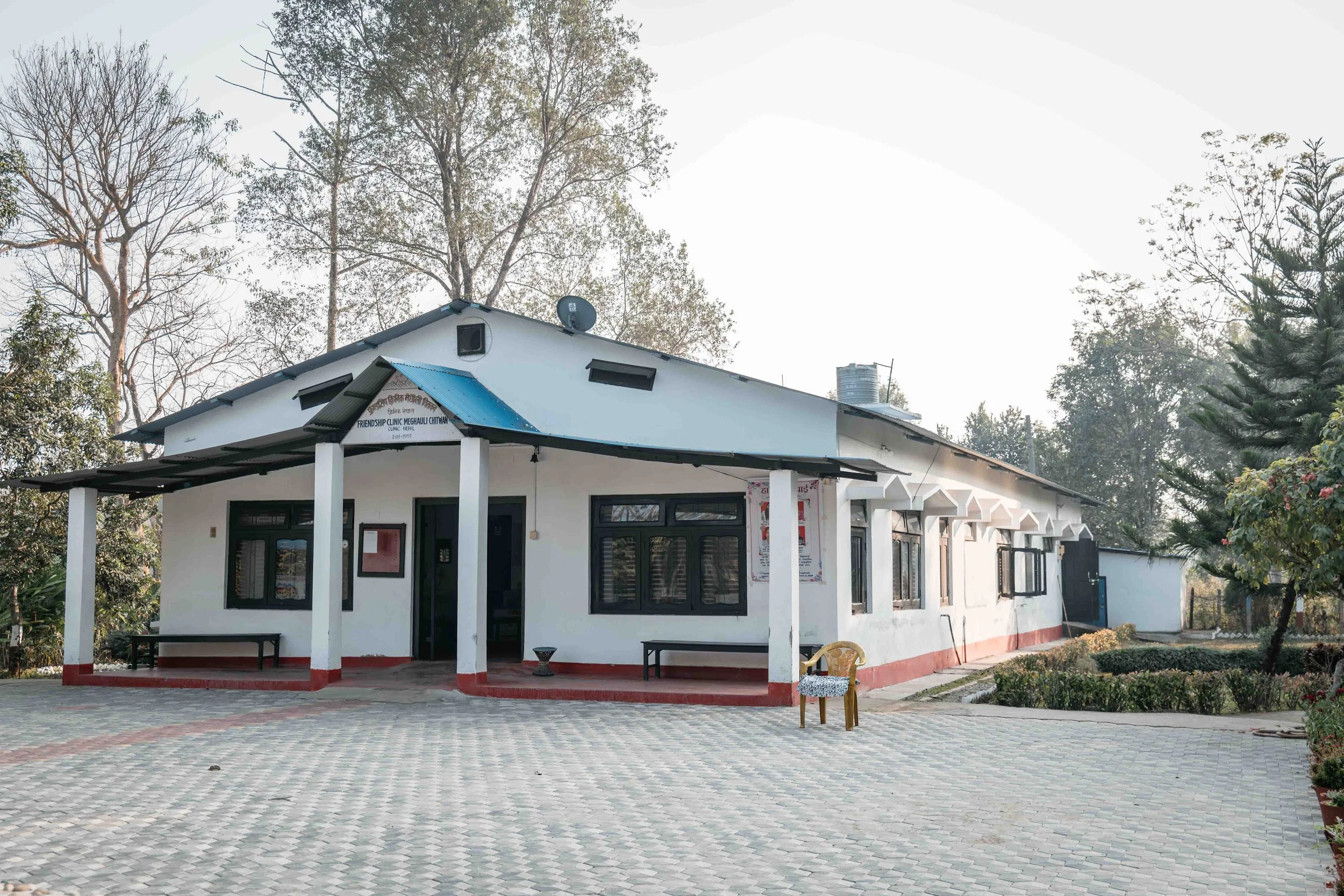
CLINIC NEPAL
Supporting Basic HEATHCARE and education in NEPAL
Clinic Nepal is a non-profit Aid organization committed to providing basic healthcare services to Meghauli, Chitwan, and throughout Nepal. Established in 1997 by Hari Bhandary, its mission is to improve access to healthcare, education, clean water, and sanitation.
education for all
We believe that education is a fundamental right, not a privilege. Our mission is to ensure access to quality education for everyone, regardless of background, gender, or financial status. Through scholarships, community programs, and advocacy, we work to break barriers and create opportunities for lifelong learning. Together, we can build a brighter future for all.
Supporting Youth
By supporting youth, we foster leadership, teamwork, and a commitment to community service. Through scouting and improved education, young people develop confidence, resilience, and a strong sense of responsibility. Through our organizations, we are dedicated to nurturing future leaders and inspiring them to create a positive impact in their communities.
Support for Communities
Health camps play a critical role in the fabric of the Clinic Nepal story. As a continued instrument of care, Health Camps provide outreach and support which is missing in the community. Mobile Health camps were a fundamental part of how Clinic Nepal got its start even before a physical clinic was built in 1997. They continue to this day, serving as a means for change in the rural community.

Contact
Feel free to contact us with any questions.
Email
haribhandary@hotmail.com
Whatsapp Phone
+977 984-1274676 ( Hari Bhandary )
+977 984-1208341 ( Sirjana Basnet )
+977 984-3965224 (Nitisha Bhandari)


